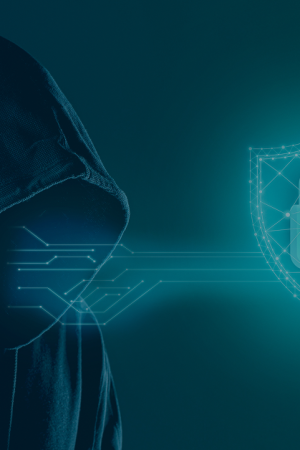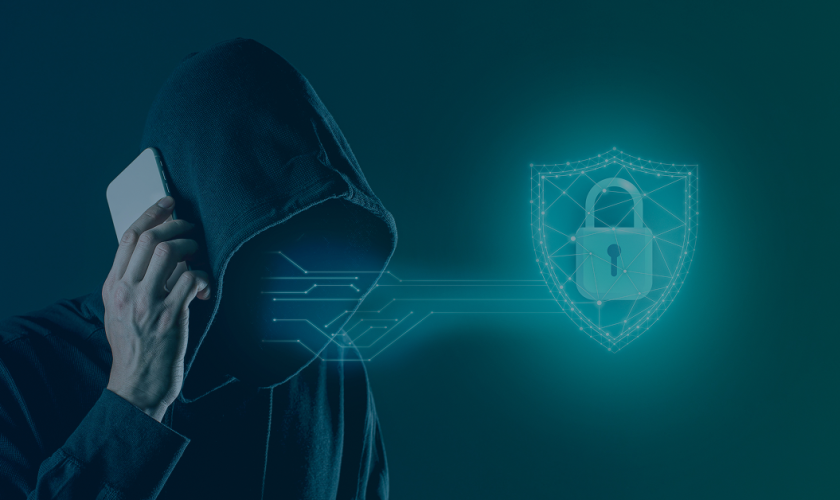In 2025, using the internet doesn’t mean the same thing everywhere. In some countries, people can access any website, use any app, and speak freely online. In others, the government decides what you can see, where you can go, and who you can talk to.
This difference is called digital freedom—and it’s not equal across the globe.
From firewalls that block entire parts of the internet to keyword filters that scan your messages, online freedom can disappear fast. But there are tools, like VPNs, that help people take back control of their connection.
In this post, we’ll look at:
- What digital freedom means
- How it changes country by country
- What tools are used to block people
What Is Digital Freedom?
Digital freedom means having the right to use the internet freely. This includes:
- Accessing any website or app
- Sharing your opinions
- Communicating without being watched
- Browsing without restrictions or surveillance
In some countries, this is normal. In others, it’s heavily controlled or monitored.
Types of Internet Restrictions Used Worldwide
Governments and ISPs use different tools to control internet access. Some of the most common include:
Firewalls
Used to block entire websites or platforms. For example:
- China’s Great Firewall blocks Google, Facebook, YouTube, and more.
- Iran blocks messaging apps and certain news outlets.
- Russia restricts access to foreign news, social media, and VPN sites.
Keyword Filters
These scan messages, search terms, and content in real time. If you use a banned word or phrase, your message may be blocked or flagged.
Throttling and Slowdowns
Governments may slow down internet speeds to discourage use of certain sites or apps—especially during protests or major events.
OrionVPN helps users bypass firewalls, filters, and throttling, giving them open access and stable speed.
Where Digital Freedom Is High—and Where It’s Not
Some countries are open and allow internet freedom. Others tightly control it. Here’s a general snapshot:
High digital freedom:
- United States
- Canada
- Germany
- Sweden
- Australia
Low digital freedom:
- China
- Iran
- North Korea
- Russia
- Turkmenistan
In restrictive countries, popular apps like WhatsApp, Twitter, and even Google are often banned.
OrionVPN allows users in restricted regions to safely access global apps and content.
What Happens When People Don’t Have Digital Freedom?
When digital freedom is lost, it affects more than just websites. It affects people’s rights, safety, and ability to communicate.
Without digital freedom:
- Journalists can’t share news or facts safely.
- Activists lose their ability to organize.
- Citizens can’t speak out without risking punishment.
- Everyday users lose access to basic tools and platforms.
OrionVPN empowers journalists, students, and everyday users to connect securely in censored regions.
Even Open Countries Are Changing
Some countries with open internet policies are slowly tightening controls.
Examples:
- In the U.S., ISPs can track user data and sell it to advertisers.
- In India, certain apps and websites are frequently banned during protests or national security concerns.
- In the UK, broad online surveillance laws allow monitoring of user activity.
Even in “free” regions, your privacy isn’t guaranteed.
OrionVPN keeps your online activity private—even in countries where the internet seems open.
Digital Freedom Isn’t Just About Access—It’s About Privacy
It’s not just about what you can access. It’s also about who’s watching.
In countries with low digital freedom:
- Your browsing is monitored
- Messages are scanned
- VPNs are sometimes banned
- Online speech can lead to fines or arrest
Even in free countries, your online behavior is sold to advertisers or tracked by ISPs.
OrionVPN encrypts your traffic and hides your digital identity, protecting you from both censorship and surveillance.
Final Thoughts
Whether you’re in a country with strong digital rights or somewhere facing daily internet restrictions, the truth is clear:
Freedom on the internet is not guaranteed.
Firewalls, filters, and tracking are everywhere—and they’re growing. The good news? You don’t have to accept it.

